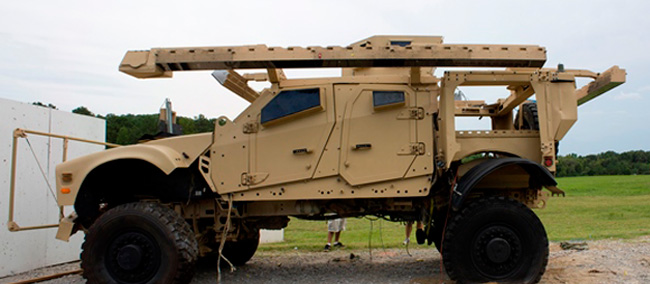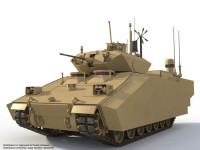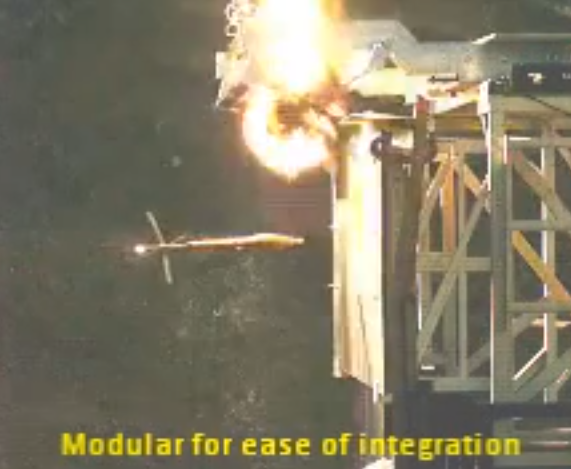
The Iron Curtain active protection system (APS) for protected vehicles has recently passed a successful test series on board a Ground Combat Vehicle (GCV) prototype developed by BAE Systems for U.S. government testing. Artis is a member of the BAE Systems GCV team.


According to Keith Brendley, CEO of Artis, LLC, developer of Iron Curtain, the system performed flawlessly during the month long tests, defeating all shots directed at the vehicle through a highly demanding test series. “We proved not only that Iron Curtain defeats threats and saves lives, but the risk from collateral damage is minimal, especially when compared with the alternative.” Brendley said the Iron Curtain has proved itself as a mature APS solution, capable of defeating a wide range of threats required for GCV survivability. At present the Army does not require an APS for its future GCV.
“In addition to these compelling test results, Iron Curtain has an approved safety architecture as unanimously recommended by the Joint Services Weapons Safety Review Board. These accomplishments along with our cost studies show that this system is affordable and ready to integrate today,” said Brendley.
Iron Curtain intercepts threats such as rocket-propelled grenades few inches from the protected vehicle, rendering them inert, even if the threat was fired from extremely close range. Iron Curtain uses two independent sensors – radar and optical, coupled with high-speed processor and effectors surrounding the protected vehicle, providing a protective curtain. The system’s radar was developed by Mustang Technology Group in Plano, Texas under a parallel sensor program at DARPA. Brendley said the Iron Curtain can also work with other radars available in the market.
“In addition to these compelling test results, Iron Curtain has an approved safety architecture as unanimously recommended by the Joint Services Weapons Safety Review Board. These accomplishments along with our cost studies show that this system is affordable and ready to integrate today,” said Brendley. He added that Iron Curtain can be configured to cover 360 degree hemisphere, protecting from multiple attacks by horizontal or top-attack threats.
According to Mark Signorelli, Vice President and General Manager Vehicle Systems, BAE Systems Land and Armaments, Iron Curtain was selected for the test because of its test history, maturity, robust capability against many types of threats, and safety to personnel outside the vehicle.


















